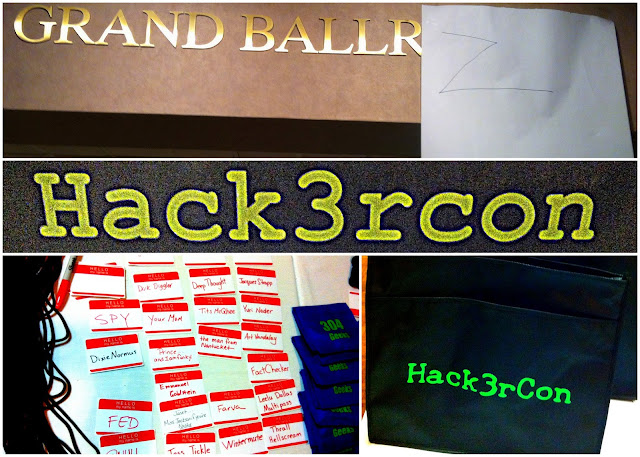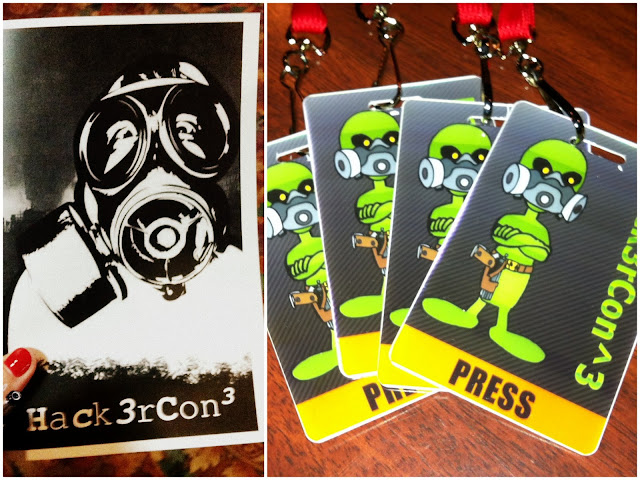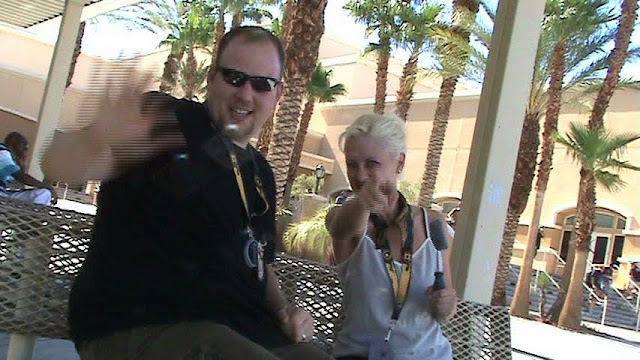Hack3rCon 2012 – October 20-21st in Charleston, West Virginia
Hack3rCon comes to Charleston, West Virginia, an event not to be missed if you’d like to learn about internet security. Keynote speaker Larry Pesce talks about hacking, survival tips, learn about next generation web reconnaissance, hardware hacking tools, spear phishing and more.
On site workshops offer how to build a Glitch Keylogger, how to pick a lock, and an advanced phishing tactic workshops.
In the hardware hacking village, there are key impression contests, finding the MacGyver in you, and a special viewing of REBOOT. Also on hand is an vendor exhibition hall, to view to new and exciting technology gadgets.
(reported by Joe Oliver)
Key impressioning is probably the first lesson for a freshman hacker. Those who are not even computer people, can experience hacking by these great game. People who are doing this said it’s very fun. They call it computer-less hacking, and to do this, all they need is some hardware equipment that anyone can buy from Lowe’s.
(reported by MD Rahman)
(photo credit Kate Long)
Martin Bos, a founding member of the information security event, speaks on email spear phishing attacks and security in the private sector. He said opening a simple email can compromise an organization, and potentially expose it to a complete breakdown of their internet security.
“Once an attack is successful, hackers can harvest passwords and even set themselves up as administrators,” Bos said. To combat this, he and colleagues at Accuvant Labs conduct simulated attack tests where risk is accessed and steps to increased security are recommended. The cost for this service may be as little as $10K for small companies, or as much at $.5 million for large corporations.
(reported by Marta Tankersley)
‘Hackers for Charity’ is a not-for-profit organization, whose aim is to provide IT training to deprived communities around the world. They are currently undertaking project in Africa, especially Uganda. They accept donations from individuals and organizations. Donations can be made through their website, HackersForCharity.org
(reported by Kweku Agyiri)
The Hackercon conference is organized by 304Geeks, an online community of about 200 West Virginians (area code 304). Charlestonian Rob Dixon, security analyst for Colorado-based Acccuvant, set up 304Geeks about five years ago to help West Virginia security consultants find each other.
Few West Virginia companies hire security consultants outside federal agencies, Dixon said. Accuvant is one of the world’s largest private information security firms, so “I live in a place I love, and go anywhere to work,” he said. A few West Virginia companies recently hired Accuvant to simulate computer attacks, but “no way are we going to tell you who.”
(reported by Kate Long)
Hack3rCon continues until Sunday evening. It’s a friendly environment if you’re interested in getting into the information security industry, one with an almost 100% employment rate, this opportunity should not be missed.










